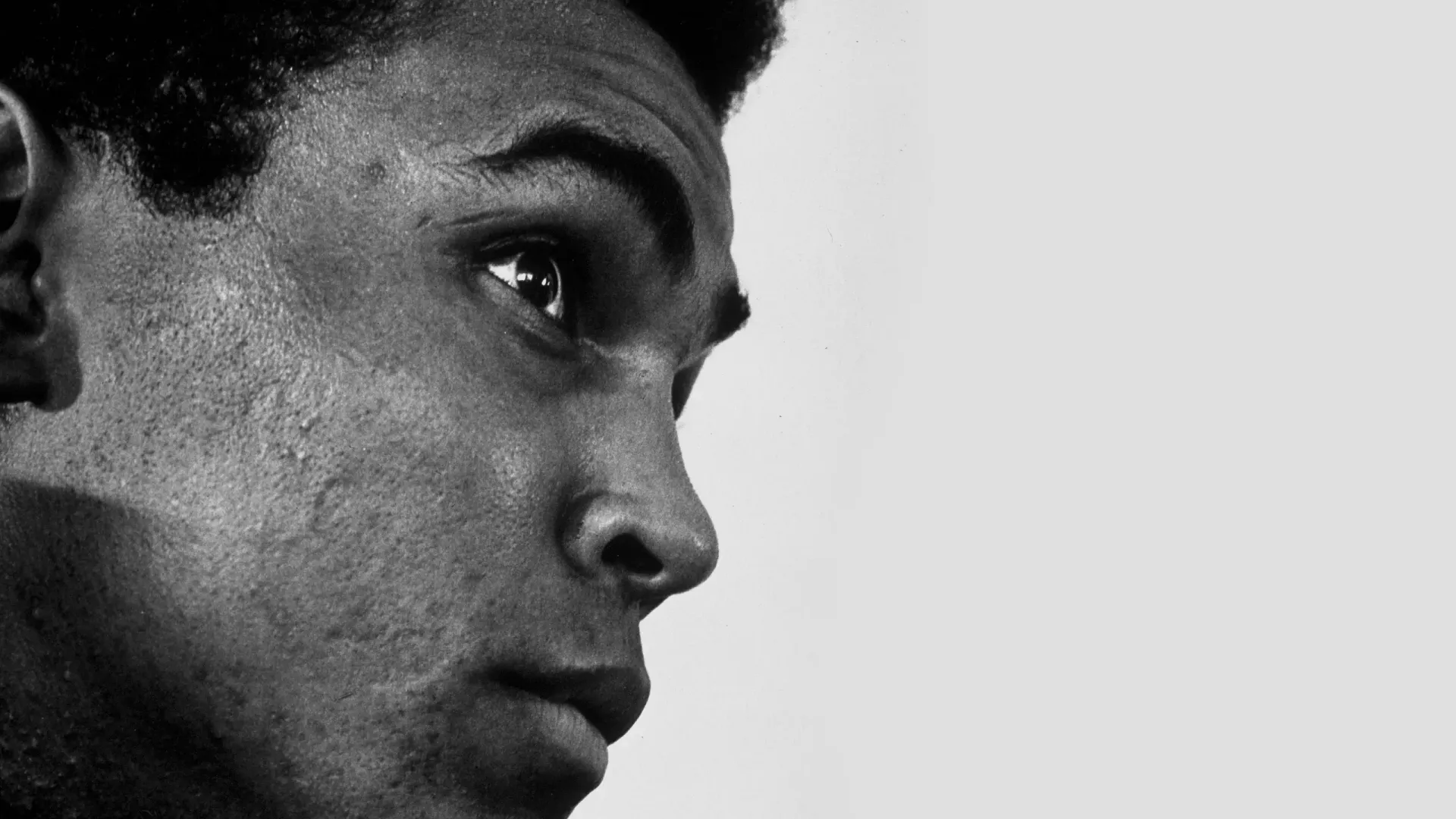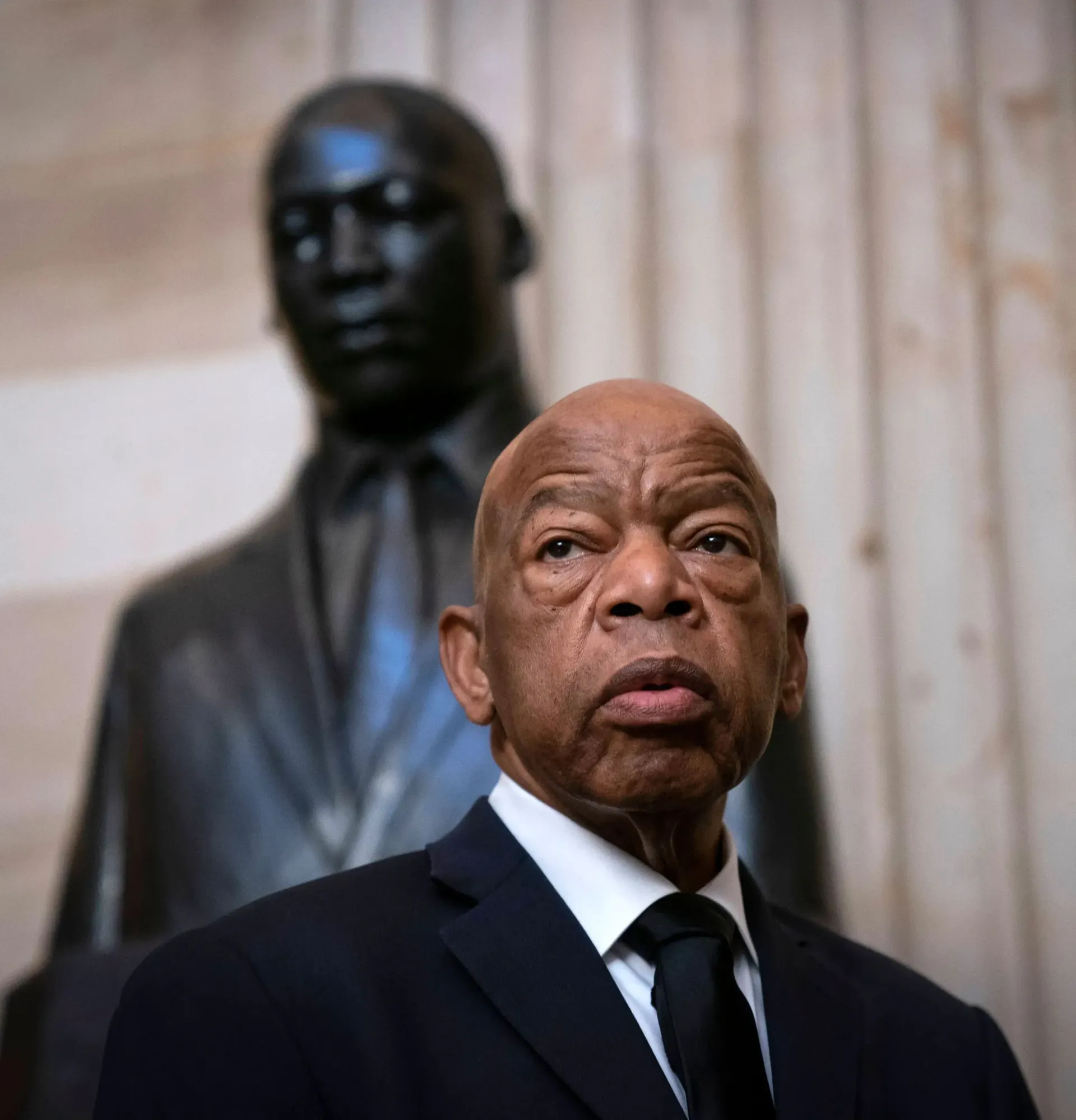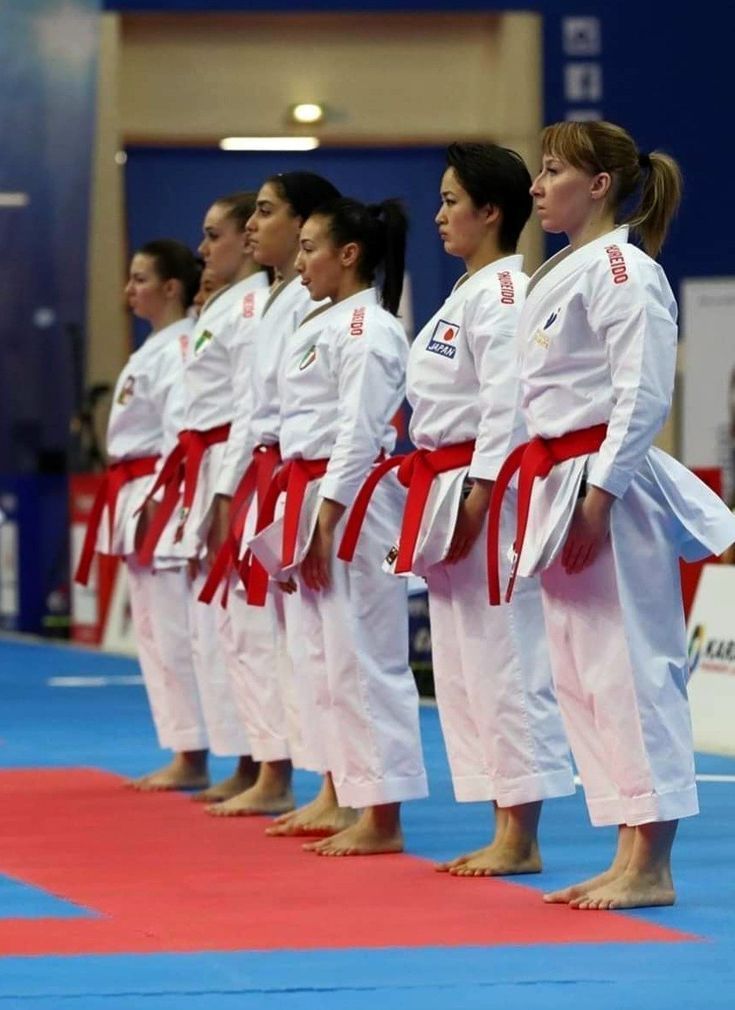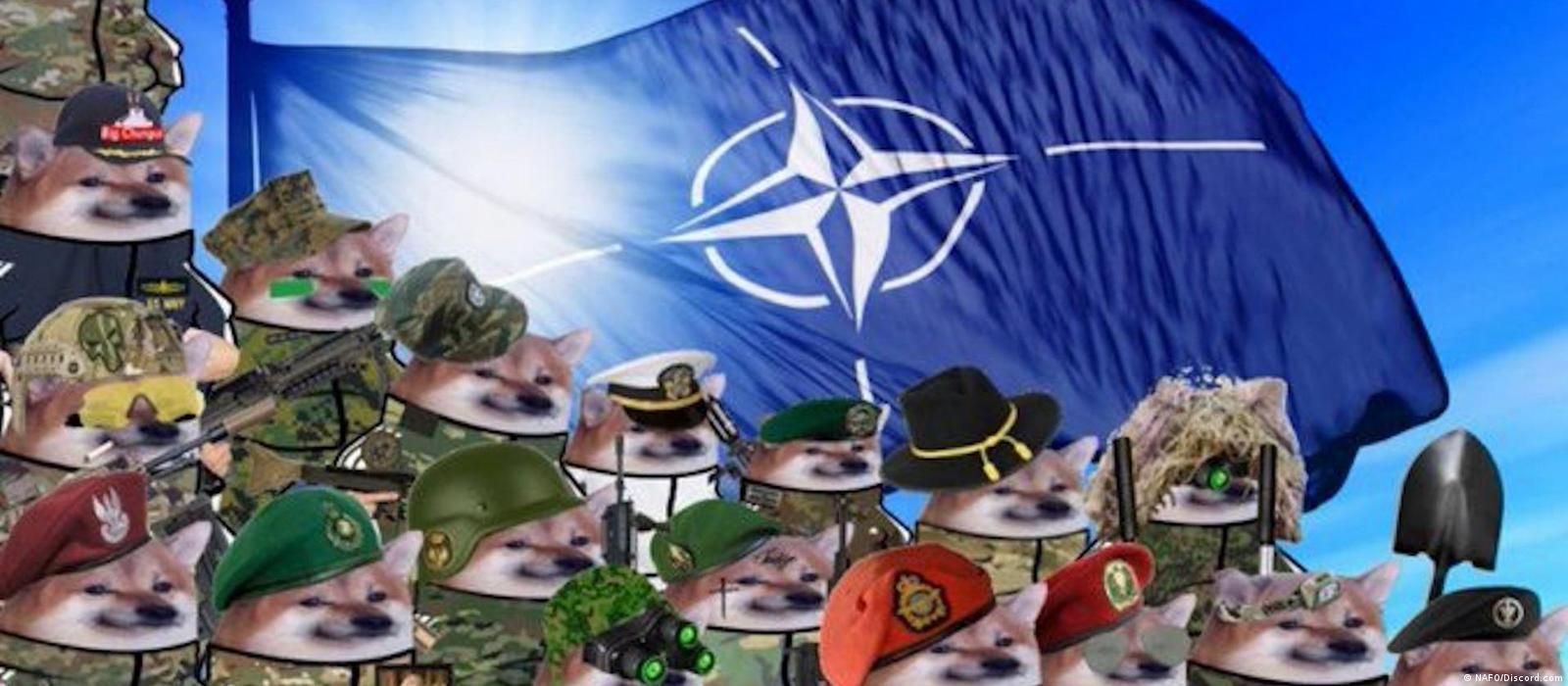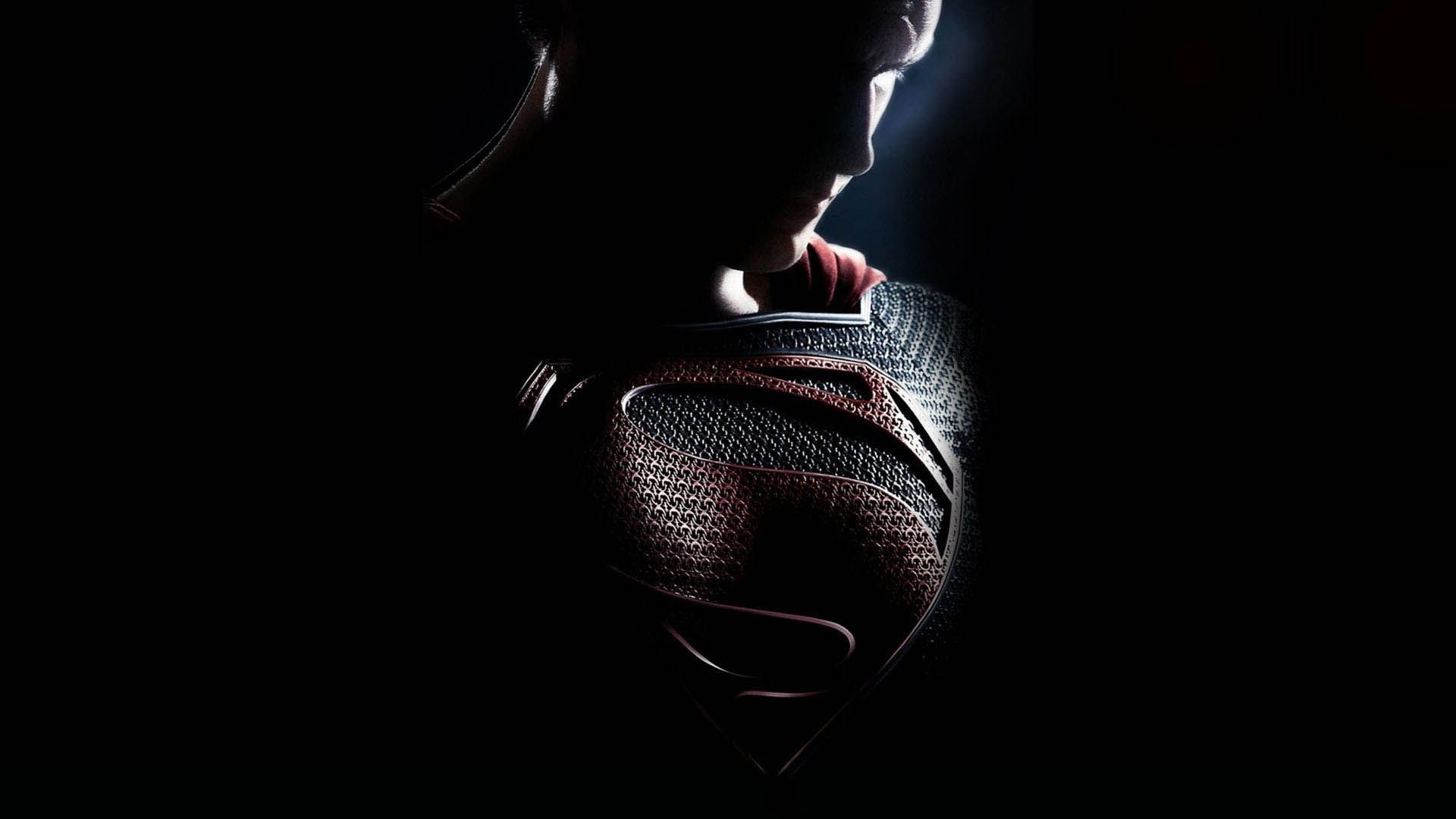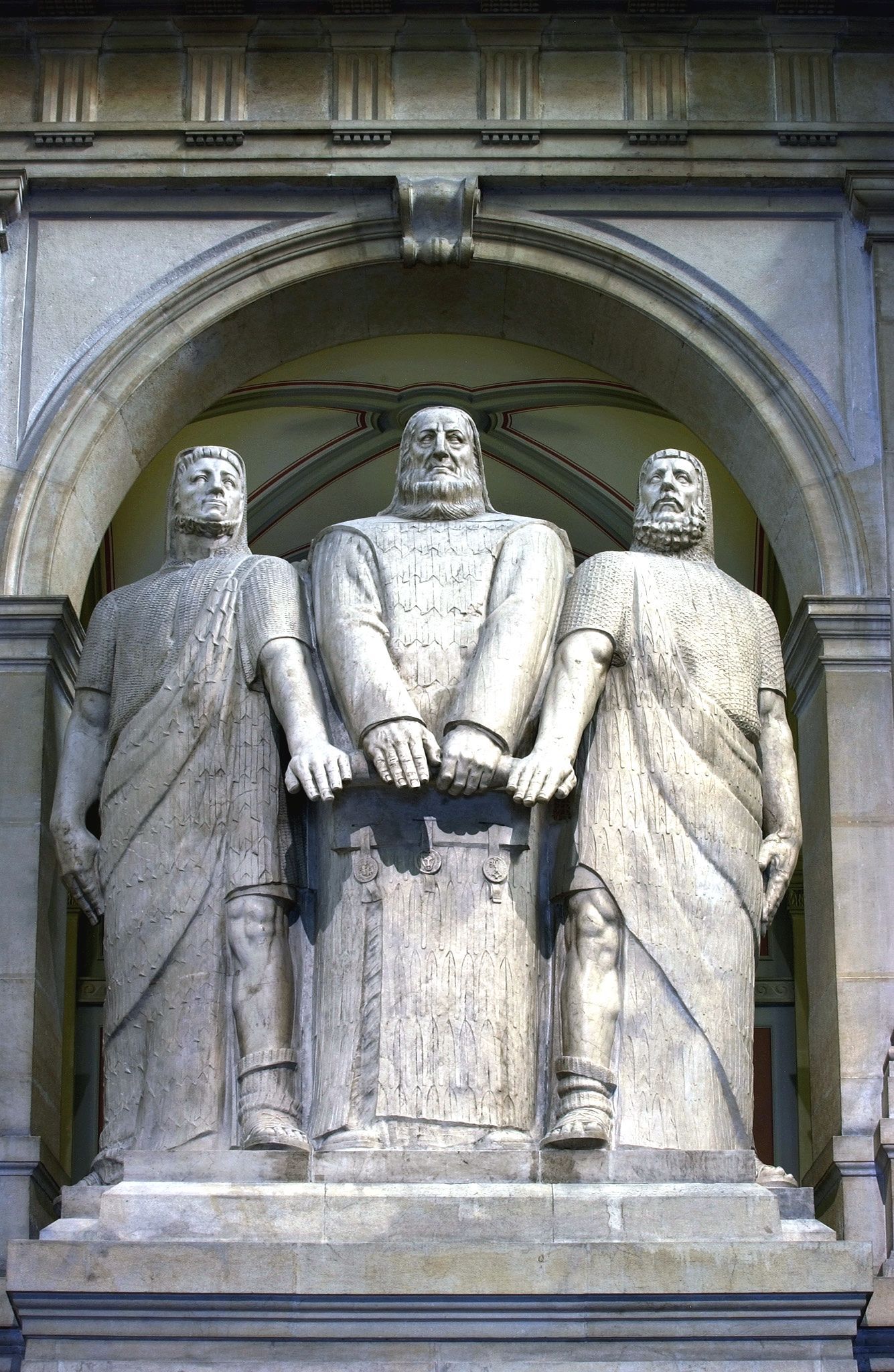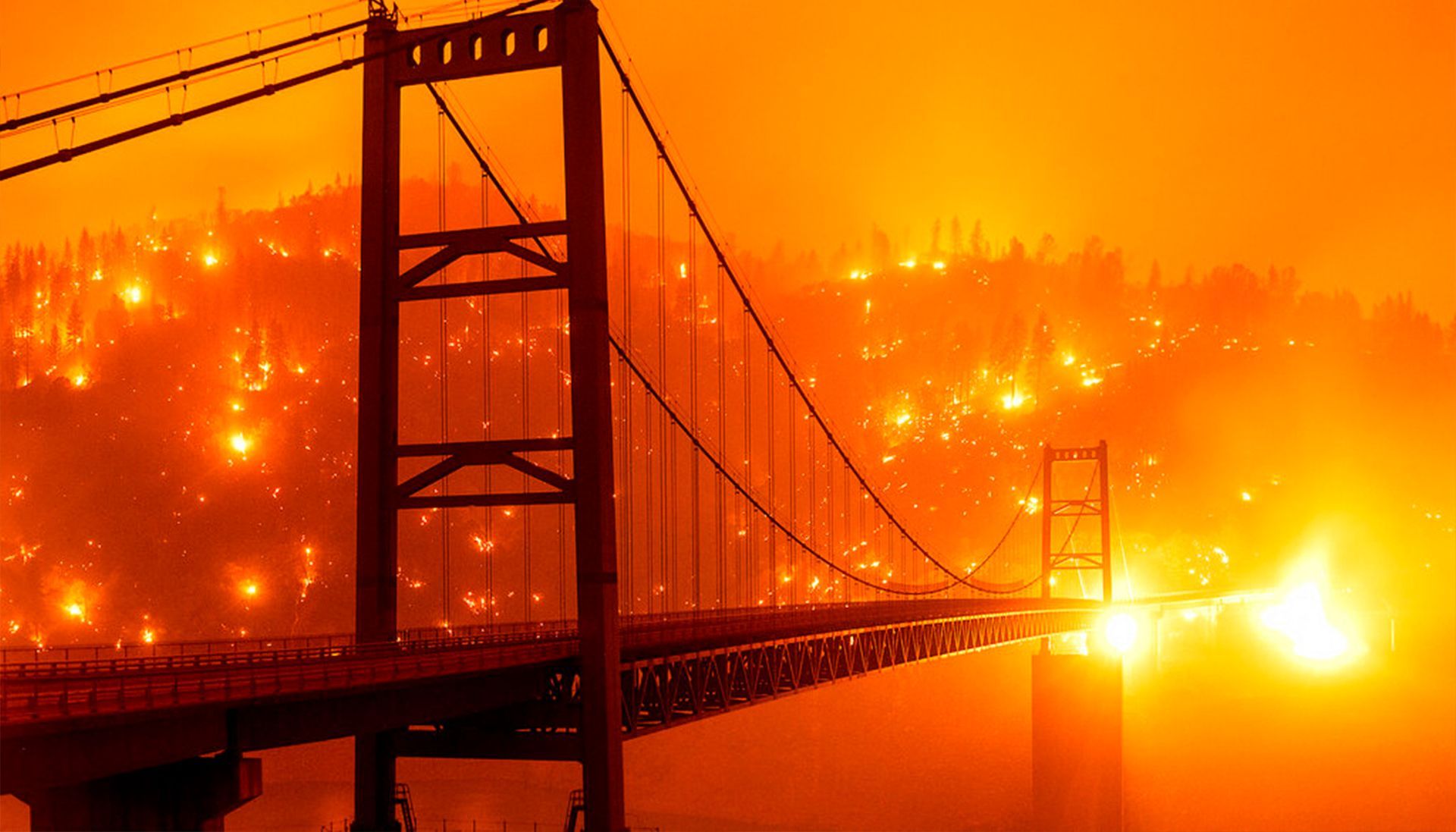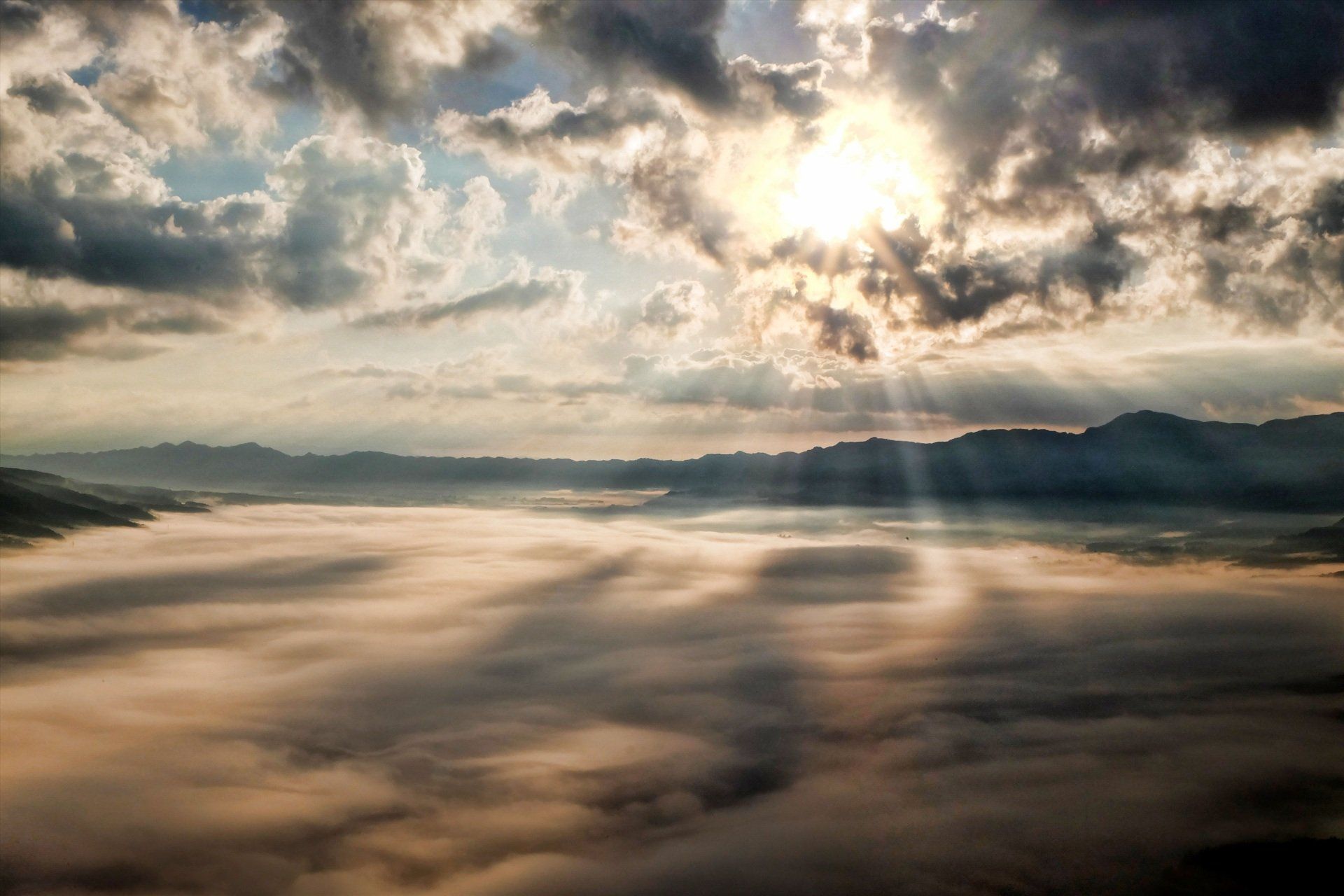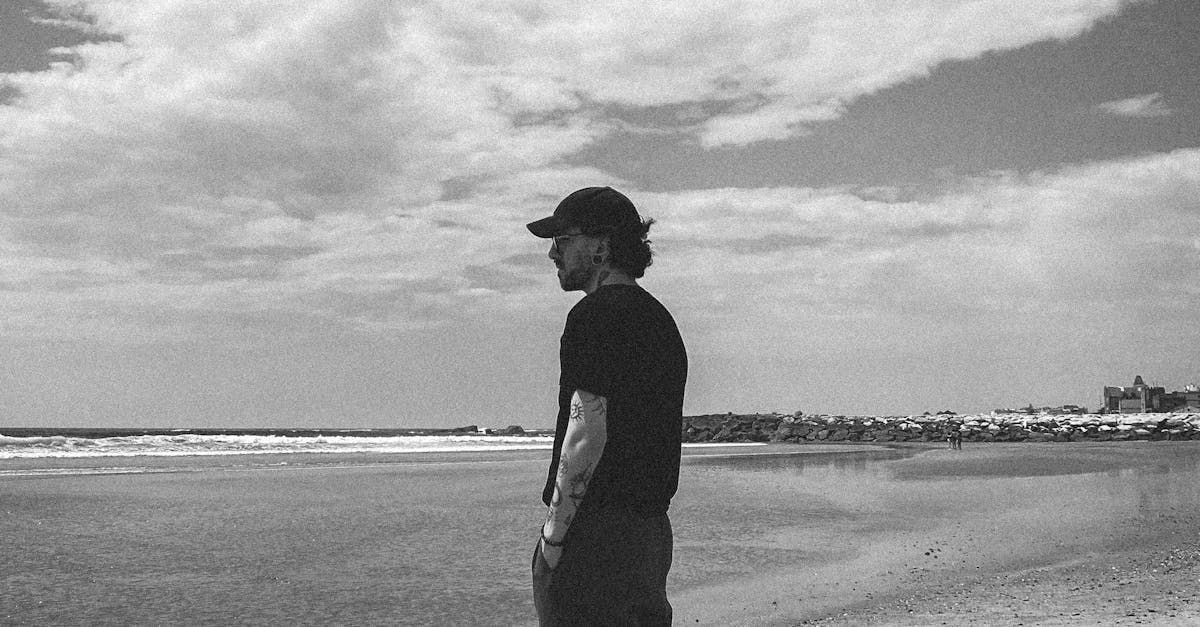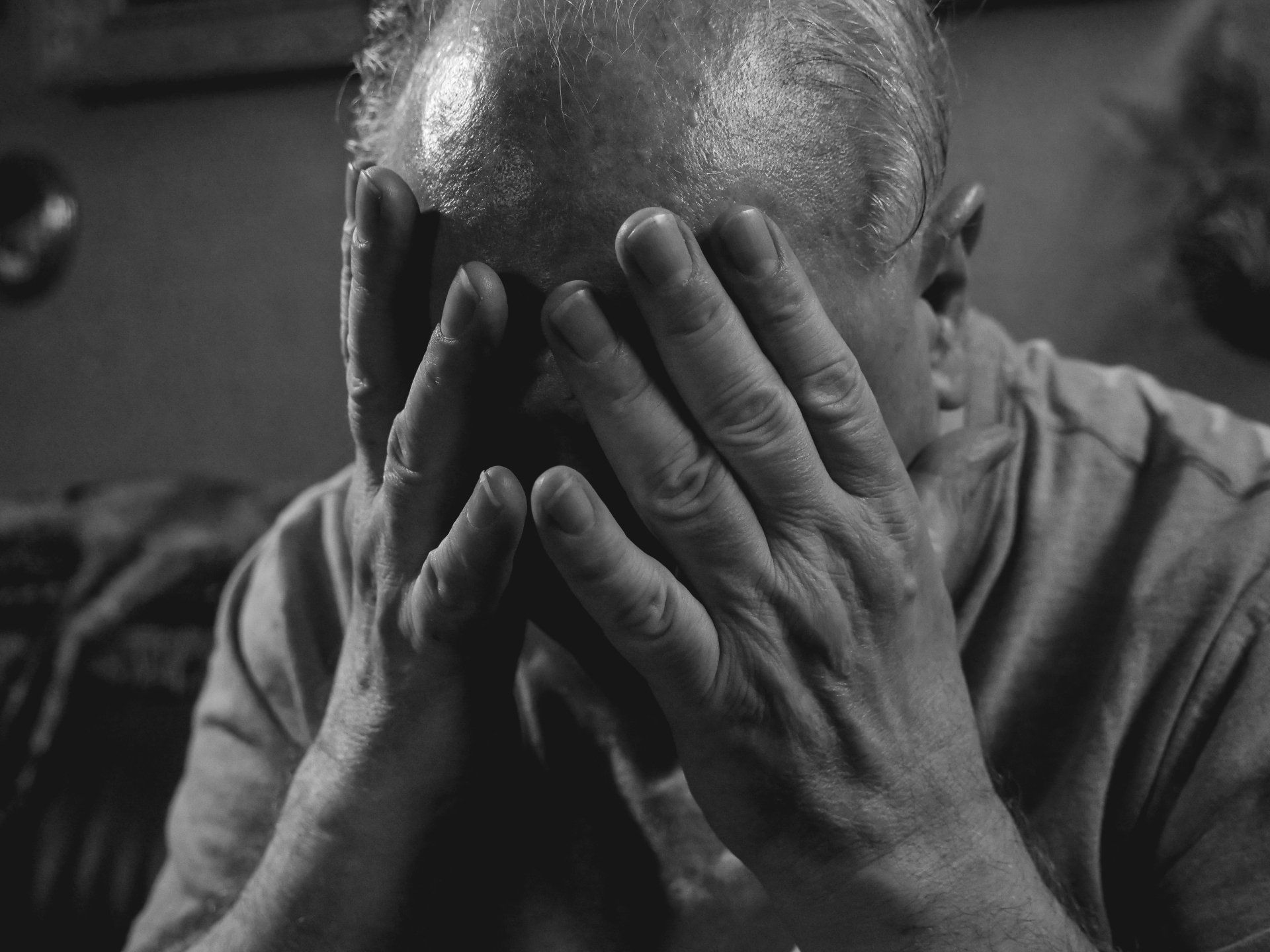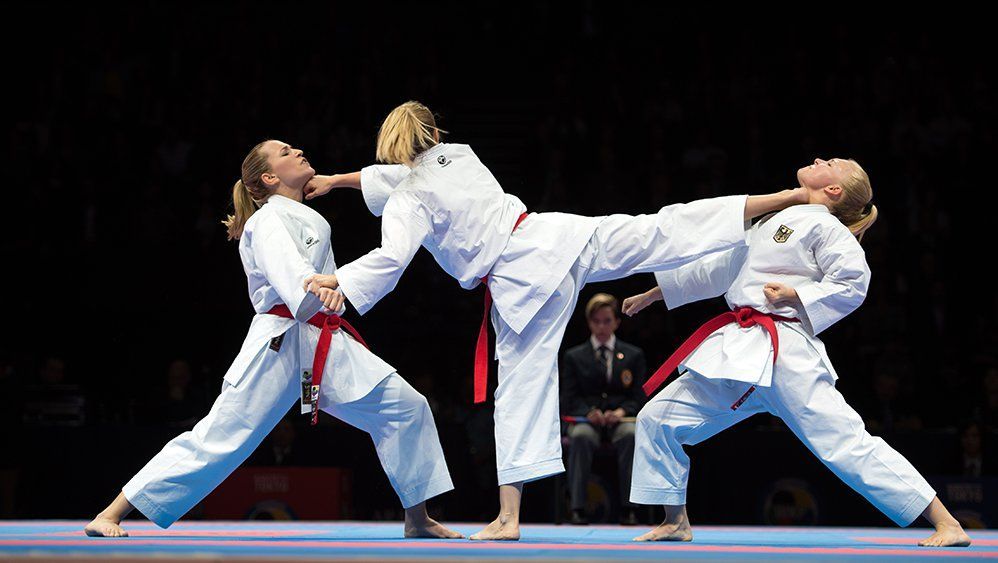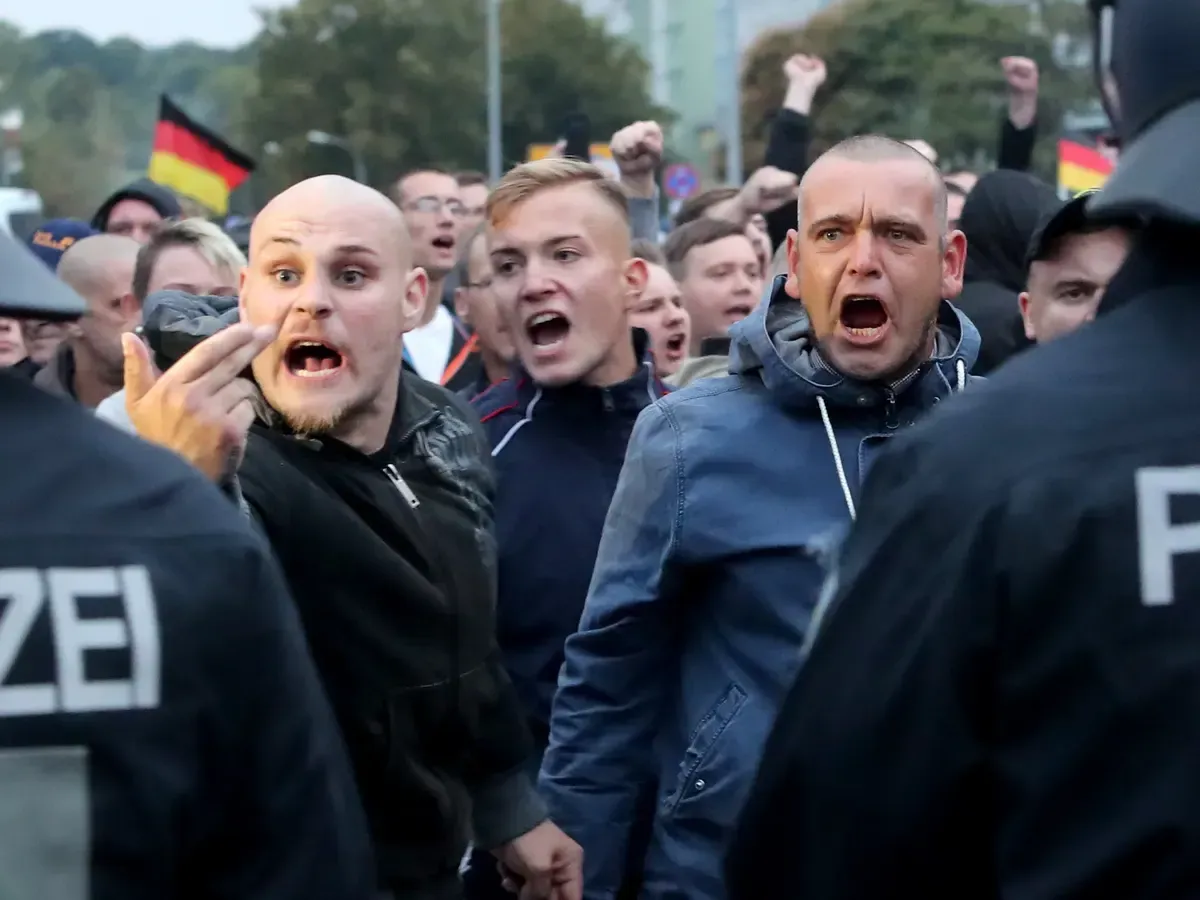The Codex Project: A Universal Quest for the Definition of a 'Good Human'
The Codex Project: A Universal Quest for the Definition of a 'Good Human'
I keep thinking about something that happened when I was seventeen. Summer in Croatia, staying at a sports complex with my aunt and cousins. The Yugoslav water polo team was there, swimming to an island two miles out every morning. But that's not what changed my thinking.
It was the martial artists. Maybe 250 Taekwondo fighters from various clubs, training in the courtyard every day where everyone could see. Then the national Judo team arrived - another 60 or 80 athletes, some of them huge, all of them incredibly fit. The tourist town was packed, lots of drinking, the usual summer chaos you'd expect.
Except there was no chaos.
The cops told us crime basically dropped to zero. Not because the martial artists were policing anything - they were the friendliest people you could meet, just there to train and enjoy their vacation like everyone else. But everyone knew they were there. You couldn't tell who was who when they went out at night in regular clothes. That guy you're thinking about starting trouble with? Might be an Olympic judoka. The woman you're harassing? Could be a black belt who's been training since childhood.
The entire energy of the town changed. The usual troublemakers were on their best behavior. The good people seemed more relaxed, knowing that if something did start, it would end quickly. Order emerged not through force but through capability distributed throughout the crowd.
I've been thinking about this for thirty years, and it connects to what I wrote about confederacies of values. We keep saying we want a society of good people, but what does that mean? What makes someone good? And more importantly - what makes them capable of maintaining goodness in the face of those who aren't?
We're working on something called The Codex Project. The name might change - everything might change - but the core question won't: can we define what a "good human" is in a way that transcends culture, religion, politics? Not just nice platitudes but something real, something that creates the kind of order I witnessed that summer?
Here's what I'm starting to see:
First, it has to be universal but not watered down. Every culture has concepts of justice, courage, compassion. The Swiss proved you can unite different groups around shared values. The American founders did it. Even fictional Mandalorians resonate because they show us what we're missing - clear principles that everyone understands and follows.
Second, it can't just be intellectual. This is where that Croatian summer keeps coming back. Those martial artists weren't philosophers - they were capable people. Their training gave them something beyond ideas: discipline, confidence, the ability to control violence rather than be controlled by it or afraid of it.
What if everyone practiced some form of martial art? Not to create warriors but to create citizens who can't be intimidated. Even something like Tai Chi - it's still discipline, still physical practice, still the development of capability. We expect this for our children in good schools. Why not for ourselves?
Third, it has to address the paradox that's killing our democracies: the intolerant using tolerance against itself. The disruptors who shut down town halls. The fascists who use free speech to destroy free speech. The corrupt who use the law as a shield while breaking it for profit.
What if protection by the code required following the code? You want respectful dialogue? Show respect. You want peaceful resolution? Be peaceful. You break the social contract? Then you've opted out of its protections.
I don't have this figured out. I'm still piecing together fragments:
- That Croatian town where capability created order without force
- The historical pattern of values-based confederacies succeeding
- The hunger for meaning that makes people tattoo "This is the Way"
- The need for physical as well as moral development
- The principle of reciprocity - you get what you give
There's something here about Order coming before Law. The Croatians say "Red i Zakon" - Order and Law, in that sequence. Law only works when Order already exists. And Order exists when those who would disrupt it face immediate consequences, not from police who arrive too late but from capable citizens who are already there.
But I'm still in the fog on this. Still trying to understand what made that summer different. Was it just the martial arts? Was it the uncertainty about who had what capabilities? Was it that good people finally weren't helpless?
Maybe The Codex isn't about creating new values but recognizing what we already know: that some things are universally right and wrong, that capability matters as much as intention, that a society of good people requires those people to be able to maintain goodness when challenged.
I look at the world burning - the climate, the democracies, the basic decency - and I think about that peaceful Croatian town. What they had, we need. Not their specific situation but the principle underneath: when enough capable people share values and support each other, order emerges. Bullies discover consequences. Good people discover spine.
The Codex Project is trying to capture this. To create a framework that says: here's what we expect from each other, here's how we develop capability, here's how we maintain order through reciprocity rather than force.
It's probably too ambitious. Maybe impossible. But I can't shake the feeling that we're remembering something important, something we used to know before we convinced ourselves that being civilized meant being helpless.
More to come as the fog clears. If it clears.
Stay tuned.
